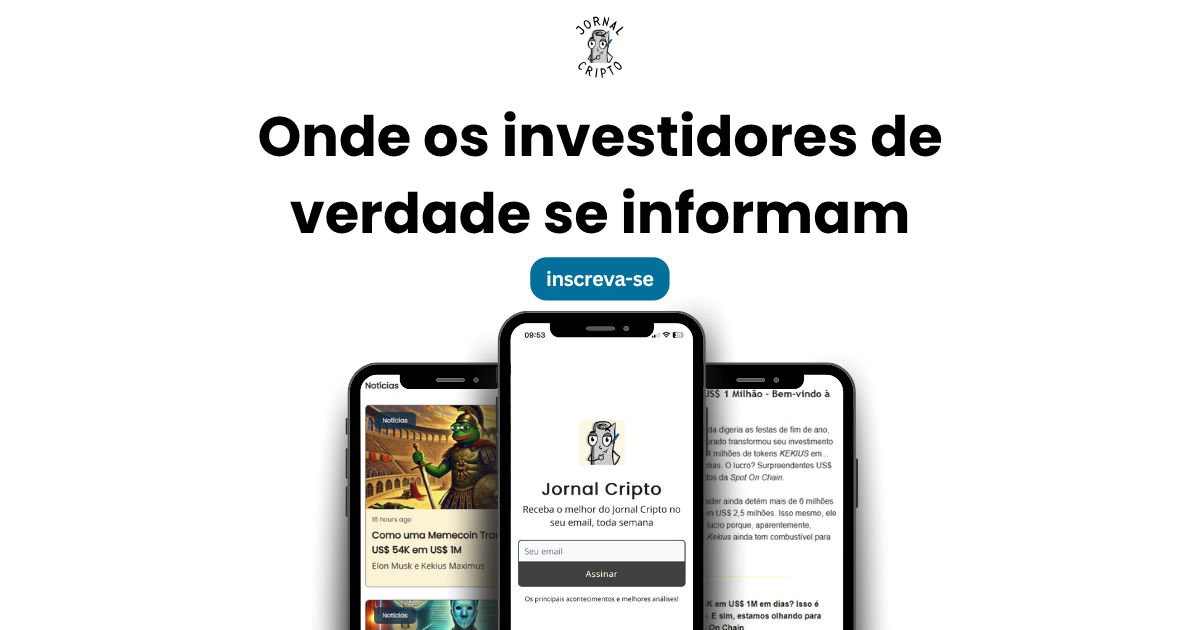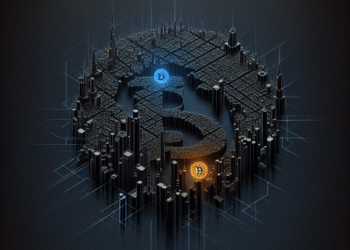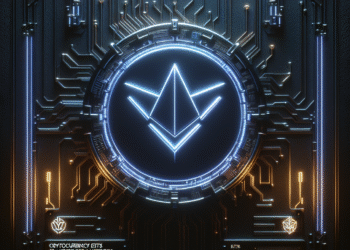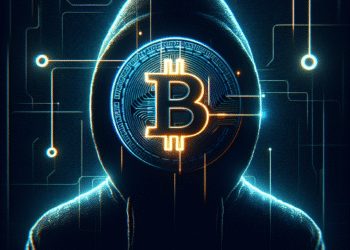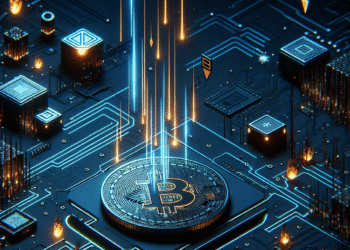Recent Warnings on Tokenized Share Sales
In recent days, alarming information has surfaced regarding the sale of tokenized shares of OpenAI being offered by Robinhood to users in Europe. In a statement made via social media, OpenAI declared that these offers lack official authorization and have no connection to the company. This warning is crucial, not only to preserve OpenAI’s integrity but also to inform investors about the risks and the absence of legal backing in participating in such transactions.
The Sale of Tokenized Shares
The sale of tokenized shares in companies that are not yet public is a topic that, while recently gaining attention, already has a history of controversies and warnings. In the following content, we will explore the details of this launch by Robinhood, OpenAI’s reactions, and the role of regulations in the digital stock market.
Robinhood’s Offer
Recently, Robinhood announced that it is introducing trading of tokenized shares in Europe, using the Arbitrum blockchain. This new feature will allow users to access 200 stocks and ETFs, in addition to a secondary market, where shares of startups like OpenAI and SpaceX would be available for trading. The news sparked excitement among investors but also raised a series of questions about the authenticity and legality of the transactions.
OpenAI’s Reaction
OpenAI reacted swiftly to the news, stating:
“These ‘OpenAI tokens’ are not shares of OpenAI. We have not partnered with Robinhood, we have not been involved in this, and we do not support it.”
The statement emphasizes that any equity transfer from OpenAI requires the company’s approval, something that has not occurred in this case. This clear position promises to protect the company’s rights and its investors.
History of Tokenized Offers
The idea of offering tokenized shares in non-public companies is not new. In 2018, a blockchain startup called Swarm announced plans to launch tokenized shares of startups, including Robinhood itself. At the time, several companies spoke out against the offering, reaffirming that the sale was unauthorized. The current situation raises questions about the legitimacy of the shares being offered by Robinhood.
Understanding the Secondary Market
A key aspect of this discussion is how the secondary market for equity operates. While Robinhood promises access to a robust market for shares, the actual origin of those shares remains a mystery. Questions about where and how Robinhood obtained the equity raise serious concerns about the transparency of the process.
Access and Risks for Investors
Investors considering purchasing tokenized shares should tread carefully. The risk of participating in an unauthorized offering could lead to significant losses, as the company involved—in this case, OpenAI—may not honor any unapproved sales. The importance of clarifying the rules and contractual relationships between shareholders cannot be underestimated.
Implications for the Future of Startups
With the growing interest in tokenized shares, it is likely that more startups will adopt a defensive stance. As emphasized by Rob Hadick, a general partner at Dragonfly:
“My expectation is that this natural tension will result in more companies canceling sales of shares to those who violate shareholder agreements.”
This suggests that stricter regulation may be on the horizon, aimed at protecting both companies and investors.
Conclusion
The warning from OpenAI regarding the unauthorized sale of its tokenized shares serves as an important reminder to investors and startups about the risks associated with the cryptocurrency and digital equity space. As interest in tokenized shares grows, the crucial question will be: how to ensure that transactions are legal and protected? In the meantime, investors are advised to proceed with caution, ensuring they are involved in legitimate and authorized offerings, thereby avoiding potential financial pitfalls.


